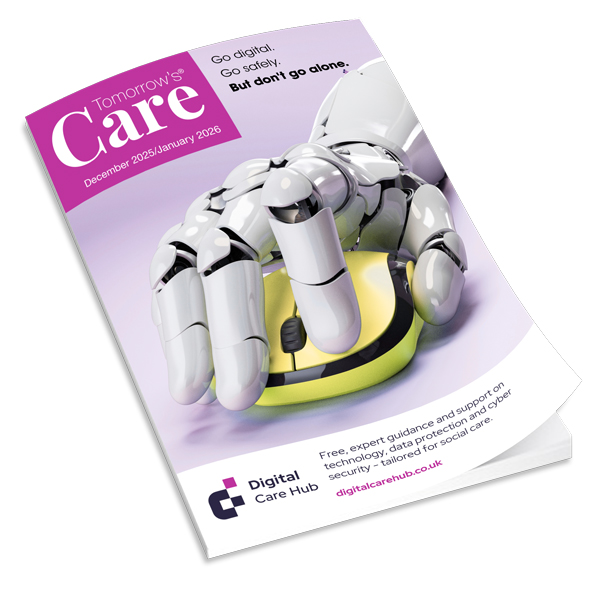Dr Michael Grey, who leads a project to monitor ex-footballers for early signs of dementia, has welcomed new guidelines that ban children from heading footballs during training.
New guidance, issued today by the football associations in England, Scotland and Northern Ireland, bans children from heading the ball. Heading restrictions for all age groups have also been announced, with a graduated use between the ages of 12 and 16.
The news comes after University of East Anglia (UEA) launched a study to monitor ex-footballers for early signs of dementia, and research from the University of Glasgow showed that retired male players are around five times more likely to suffer from Alzheimer’s disease compared with the average person.
Dr Grey, from UEA’s School of Health Sciences, said: “The new guidelines on heading the ball are welcome. Whilst we do not want to change the game, there is good evidence to suggest repetitive sub-concussive injury should be minimised. The new guidelines go some way to reducing repetitive head trauma exposure in football. They are, however, guidelines rather than rules and the onus is now on coaches and trainers to ensure they are followed.
“We need to develop better training techniques to reduce exposure in children even further. We also need further studies like the SCORES study to better understand cognitive health in former players.”
The UEA SCORES study will test former professional football players for early signs of dementia.
Little is known about exactly when players start to show signs of the disease and even less about the effects in women as the majority of research has focussed on men.
The UEA research team is using cutting-edge technology to test for early signs of dementia in men and women, that are identifiable long before any memory problems or other noticeable symptoms become apparent.





















